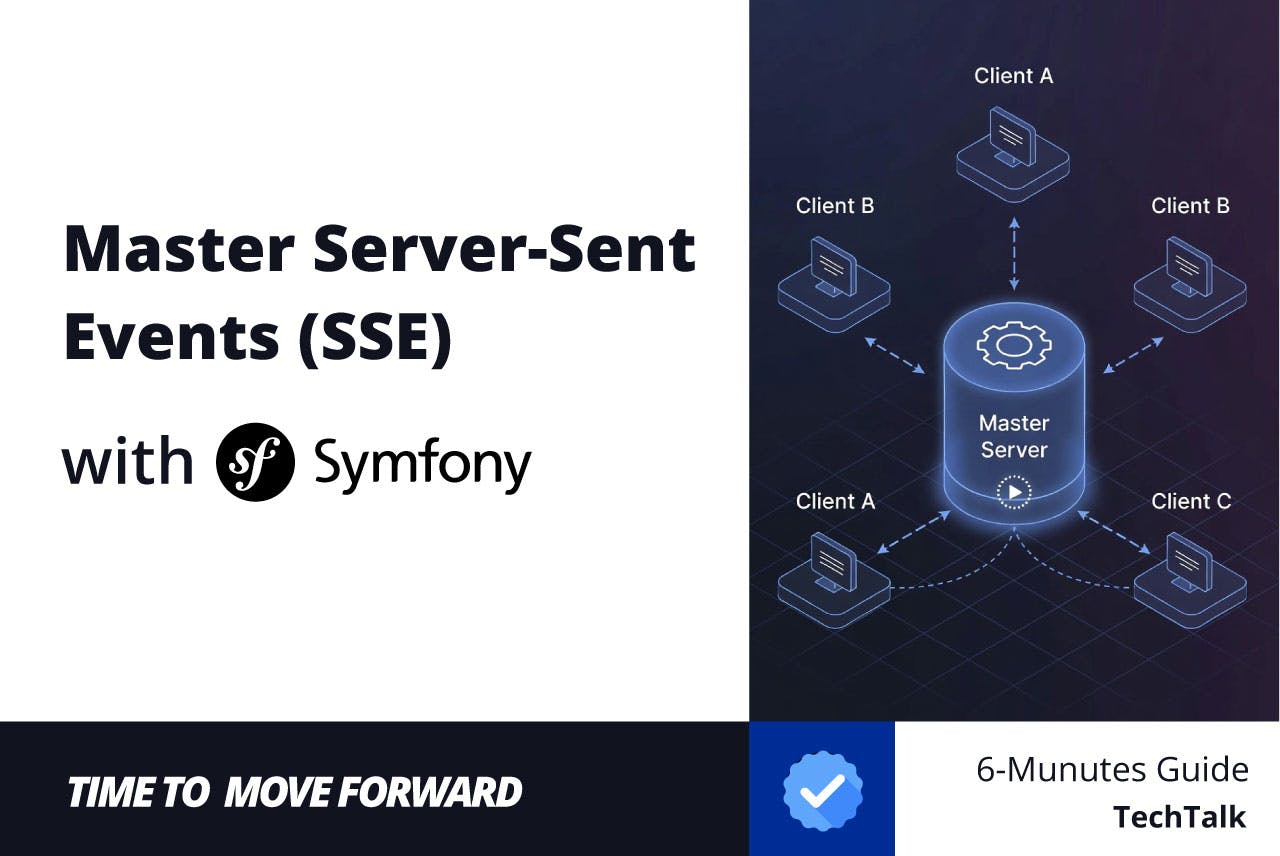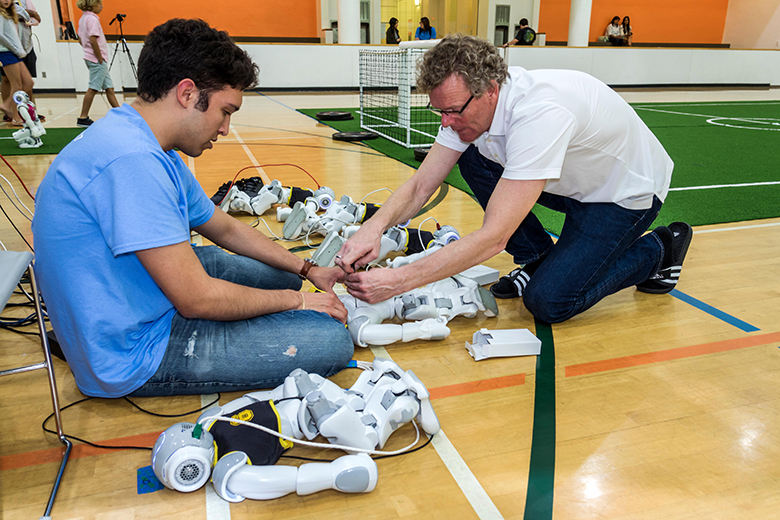There’s a particular sinking feeling that many Central Europeans are no doubt familiar with. It arises when, listening to a British or American scholar at a conference or seminar, you realise that no matter how many books you read or how solid your ideas are, you will never speak or write as stylishly or confidently in English as they do.
Native fluency in academia’s lingua franca, elite education and early immersion in academic norms give them a kind of structural advantage – one that others learn to live with but can rarely overcome.
Or so I thought.
Lately, I’ve been experimenting with generative AI – not to outsource my thinking but to sharpen how I communicate it. The result? My writing has become faster, clearer and more precise. It’s a strange feeling: I’m still me, but with a kind of intellectual exoskeleton.
My experience – which is surely far from unique – raises an uncomfortable question, however: has the golden rule of academic survival – publish or perish – now been supplemented by another – AI or die?
I don’t mean that AI will replace scholars (at least, I hope it won’t). But it could fundamentally reshape what academic excellence looks like, how it’s achieved, and who gets to perform at the top level. And that deserves a closer look.
One of the most visible changes brought by co-intelligence tools is the quiet redistribution of cognitive labour. Tasks that once demanded painstaking effort – rewording awkward phrases, translating ideas into academic English, drafting outlines – can now be semi-automated. Clarity and speed are no longer tied solely to personal skill or linguistic fluency but to how fluently you can direct and shape the output of large language models. And if what we currently call “excellence” is in part the ability to produce clean, persuasive texts efficiently, then excellence potentially stands to be more equitably shared.
There are limits to AI’s impact on equity, however. Scholars in under-resourced institutions may struggle to access the same benefits. So may those working in languages not well supported by mainstream AI models. And those who lack technical proficiency or who are disturbed about the absence of clear norms for AI use may also be left behind.
Regarding those norms, everyone seems to agree that the author must remain responsible for the content, regardless of how much AI was involved. But there is no consensus about how to integrate these tools into the writing process or how – or even whether – to acknowledge their contribution.
In my view, AI literacy should be treated not as a technical add-on but as a core academic competency – on a par with information literacy or source evaluation. Some universities, particularly in the UK and US, have already accepted that and have established AI literacy programmes to help more cautious or overwhelmed colleagues catch up with the early adopters – Arizona State University’s initiative is often cited.
But other institutions, particularly in Central and Eastern Europe, remain hesitant, still seeing AI use as suspect or even unethical. Some journals and ethics boards have also been cautious. And amid such uncertainty, the unofficial policy has become: use it if you want to, but don’t talk about it too loudly – at least, not in meetings.
But if we accept, as we must, that AI usage is inevitable, we must grapple with the fundamental question of what, exactly, is still “ours” in the work we produce when the wording, structure and even some of the intellectual scaffolding is co-generated with AI.
As philosophers of technology, such as Shannon Vallor or David J. Gunkel, have argued, co-produced knowledge challenges the deeply individualistic framework of authorship on which academic prestige rests. We may also need to rethink the concepts of originality and even intellectual contribution.
Centring them on synthesis, judgement and direction might make sense, but I don’t have answers. In fact, I’m not even sure I fully understand the terrain we’re entering. But if we fail to keep our eyes open and engage with the implications of where we are going – ethical, pedagogical and institutional – we may find that not just the distribution but the very meaning of academic excellence has already shifted, while we are still arguing over whether it should.
Jakub Drábik is lecturer in history at the Anglo-American University in Prague and senior research fellow in the Institute of History at the Slovak Academy of Sciences.











